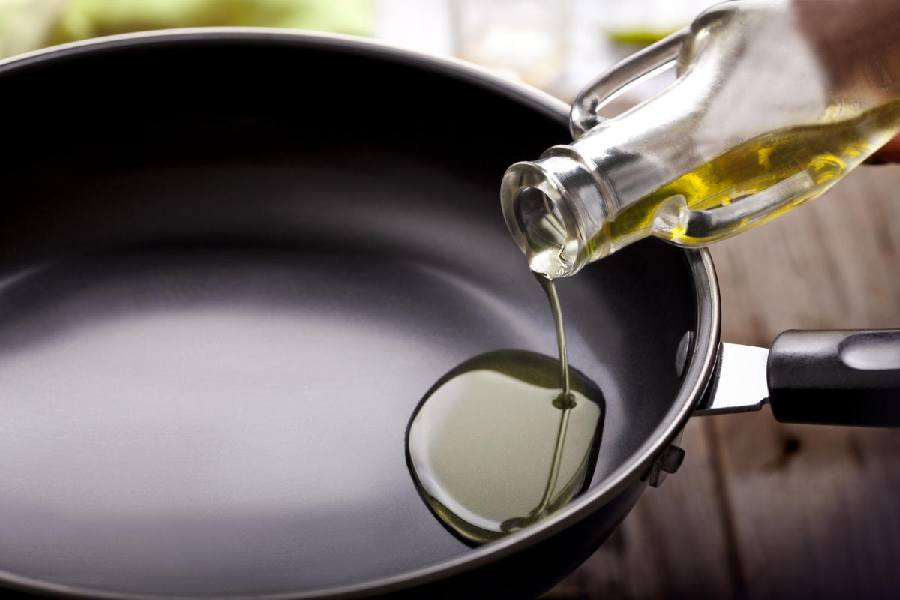The Centre on Friday reduced the basic customs duty on crude palm oil, crude soybean oil and crude sunflower oil to 10 per cent, a move aimed at bringing down the retail prices of cooking oils and protecting domestic processors, in a notification issued by the finance ministry.
Earlier, the duty on these three crude edible oils was 20 per cent. India imports more than 50 per cent of its domestic edible oil requirement, having imported 159.6 lakh tonnes of edible oils during the 2023-24 oil marketing year (November to October), valuing ₹1.32 lakh crore.
India imports palm oil from Malaysia and Indonesia and soybean oil from Brazil.
The effective import duty (including the basic customs duty and other charges) on these three products will now be 16.5 per cent as against the 27.5 per cent earlier.
The basic customs duty on refined oil remains unchanged at 32.5 per cent. At present, the effective duty on refined oils is 35.75 per cent.
On September 14, 2024, the basic customs duty on crude soyabean oil, crude palm oil and crude sunflower oil was raised from 0 per cent to 20 per cent.
Industry reacts
The duty cut is likely to cool retail inflation, experts said. “It will also lower costs for food companies. Key beneficiaries are likely to be Bikaji, Britannia, Nestle, Gopal Snacks,” Abneesh Roy of Nuvama Institutional Securities said in a note.
Edible oil industry bodies such as Solvent Extractors Association of India (SEA) and Indian Vegetable Oil Producers’ Association (IVPA) welcomed the government’s decision to cut basic customs duty on crude oils to 10 per cent, saying the move will discourage imports of finished products and safeguard the interests of domestic refiners.
With a sharp rise in imports of refined palmolien in the past six months, both industry bodies have been urging the government to increase the duty difference between crude edible oils and refined edible oils.
SEA president Sanjeev Asthana said, “The government’s decision to increase the duty differential from 8.25 per cent to 19.25 per cent is a bold and timely move. It will discourage imports of refined palmolien and shift demand back to crude palm oil, thereby revitalising the domestic refining sector.”
“This is a win-win situation for vegetable oil refiners and consumers, as local prices will go down due to lower duty on crude oils,” SEA executive director B V Mehta said. SEA pointed out that the previous import duty difference of 8.25 per cent between CPO (crude palm oil) and refined palmolien had inadvertently incentivized imports of the
finished product over the crude form.
As a result, during the oil year 2023-24 (November-October), refined palmolien accounted for over 20 per cent of total palm oil imports, and in the first half of the oil year 2024-25 (November 2024-April 2025), its share rose to nearly 27 per cent.
PTI










